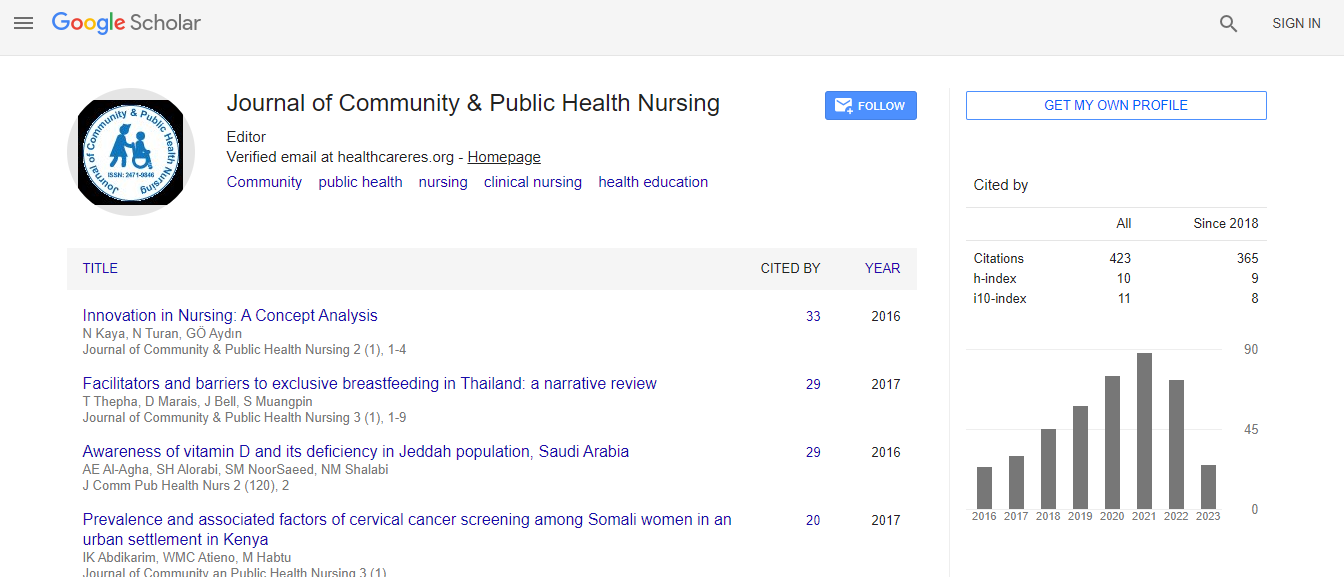Review Article
Older Sami Women Living in the Arctic: A Cultural Background that Breaks with Western Conventions
Gunn-Tove Minde*UIT–The Arctic University, Norway
- *Corresponding Author:
- Gunn-Tove Minde
Associate Professor, UIT–The Arctic University
Norway
Tel: +4795790510
E-mail: gunn-tove.minde@uit.no
Received date: December 07, 2016; Accepted date: January 20, 2017; Published date: January 27, 2017
Citation: Minde G (2017) Older Sami Women Living in the Arctic: A Cultural Background that Breaks with Western Conventions. J Comm Pub Health Nurs 3:155. doi:10.4172/2471-9846.1000155
Copyright: © 2017 Minde GT. This is an open-access article distributed under the terms of the Creative Commons Attribution License, which permits unrestricted use, distribution, and reproduction in any medium, provided the original author and source are credited.
Abstract
This article is about older Sami women living in the Arctic region in Norway. The Sami are indigenous people of northern Scandinavia and northern Russia; Norway, Sweden, Finland and Russia. The Sami people have a background that breaks with western traditions. In order to understand their cultural values, beliefs and worldviews anchored in “the living body”, elder care should consider their cultural, ethnic and linguistic distinctiveness. The three older Sami women presented in this text, Maret, Beret and Betty, have lived in close contact with of lige of older Sami women nature throughout their lives. They are particularly sensitive to restrictions that have reduced their freedom and quality of life.

 Spanish
Spanish  Chinese
Chinese  Russian
Russian  German
German  French
French  Japanese
Japanese  Portuguese
Portuguese  Hindi
Hindi 
